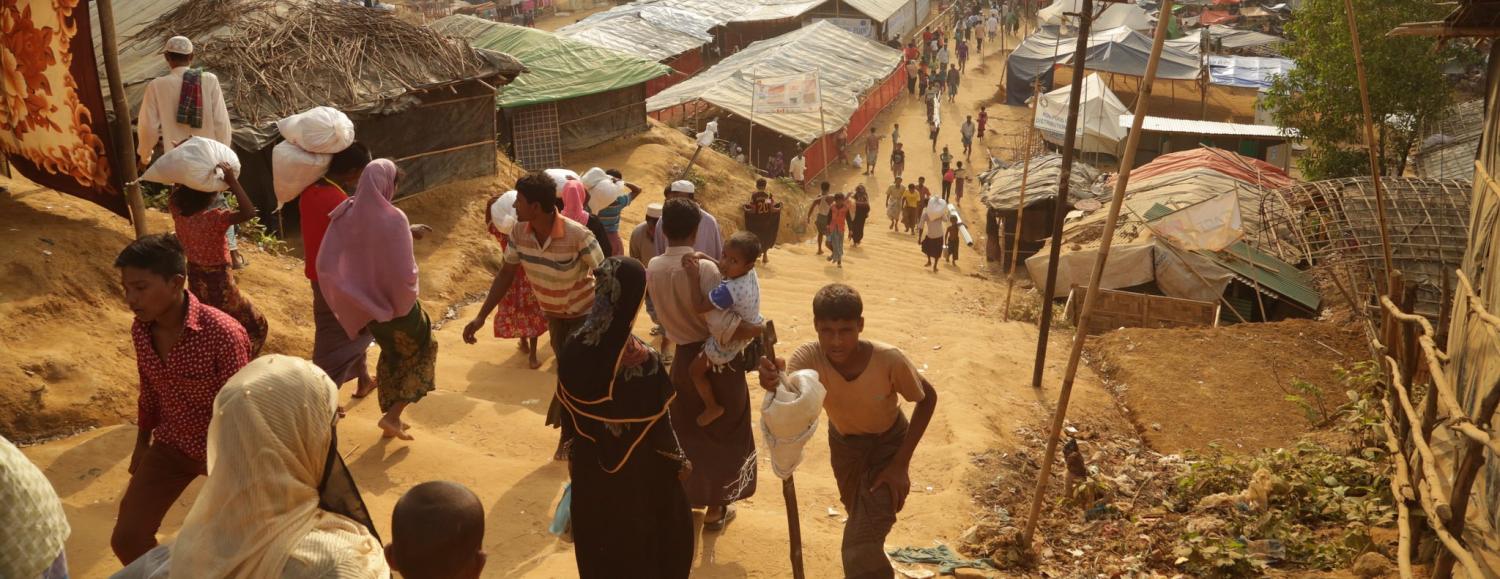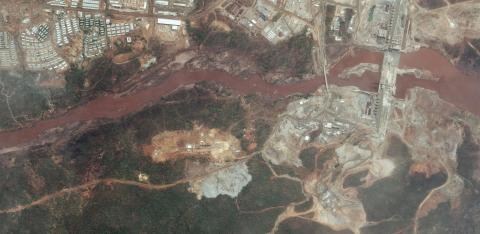- The World Bank’s Uzma Quresh and Tanya D'Lima examine the economic and social impact of violence against women in Pakistan, and the role that local governments and media in combatting the issue.
- Earlier this month Niger welcomed the first 504 people from Libya, honouring agreements made the week before at the African Union-European Union summit in Abidjan.
- Last week, at least 14 United Nations peacekeepers were killed in the Democratic Republic of Congo while working on the MONUSCO (United Nations Organization Stabilization Mission in the DRC), the UN’s largest and most expensive peacekeeping mission in the world.
- According to the PwC 2016 Global Fintech Survey, fintech (financial technology) companies are likely to be the next source of financing for micro-, small- and medium-size enterprises (MSMEs) and start-ups in India.
- Last week UN Secretary-General António Guterres called for US$1 billion in donor contributions to the organisation’s Central Emergency Response Fund (CERF). As of November, the global humanitarian funding gap stood at US$11 billion.
- The Center for Global Development has published a paper on the effects of the increasing availability of family planning services across Malaysia.
- Lucia Diaz-Martin, Rachel Glennerster, and Ariella Park argue that recording women's employment status as a measure for empowerment in research can be misleading, as women’s preferences are often constrained by cultural or contextual factors; what matters more is why they are working.
- In a brilliant post, Varun Gauri explains why populism and development policies (from the World Bank) are not always compatible.
- The World Health Organisation (WHO) has warned that diphtheria is spreading among Rohingya refugees in Bangladesh.
Aid and development links: Working women, populism, peacekeeping and more
Updates from across the aid and development field.

A refugee camp in Bangladesh, November 2017 (Photo: Russell Watkins/Department for International Development/Flickr)
Published 12 Dec 2017
Follow @AlexandreDayant
